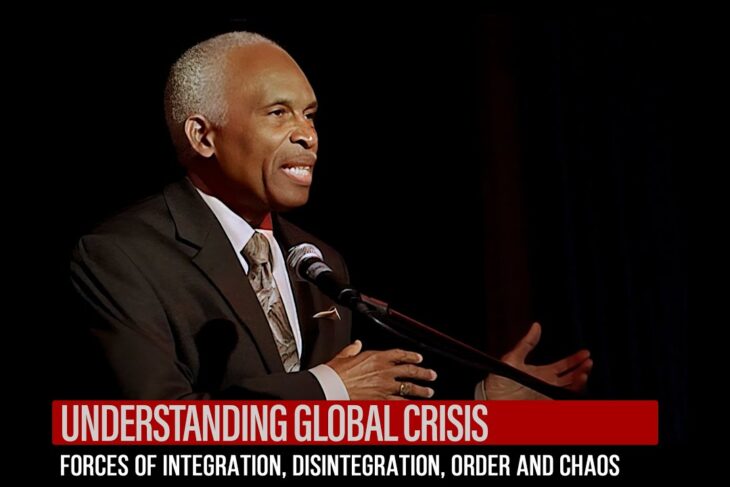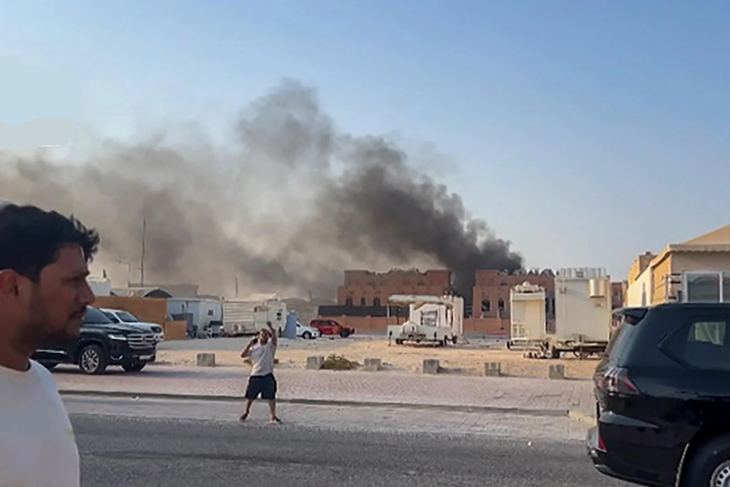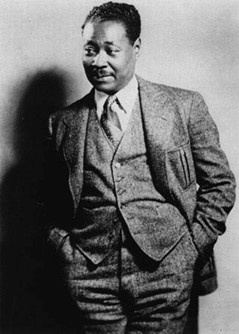
 “Face” is a significant topic in the study of human social interaction. The notion of “dissing and being dissed” is the local counterpart of the negative aspect of that concept. Face is very highly developed in the Jamaican psyche. The only offence more serious than dissing someone is dissing his/her mother.
“Face” is a significant topic in the study of human social interaction. The notion of “dissing and being dissed” is the local counterpart of the negative aspect of that concept. Face is very highly developed in the Jamaican psyche. The only offence more serious than dissing someone is dissing his/her mother.
The reaction to losing face, to being dissed, is usually violent. The extent of violence in Jamaica, in this and other contexts, has become worrisome. Losing face is associated with powerlessness and there is a great deal of resentment of that powerless condition which is the lot of the majority of Jamaicans. Without a doubt the widely differing social levels reflected in the living arrangements have something to do with how the response to it is played out.
Those who have economic power show it not only by building ostentatious homes and driving expensive cars but in ways they are sometimes not even conscious of: speeding through water, for example, mindless of the pedestrian’s vulnerability; speeding down the street so the less lucky must run for life. I saw a most pathetic attempt at saving face one day when having been almost run off the street, an indigent man rushed up to the traffic light took out his only instrument of power — his instrument of procreation — and shook it at the driver made powerless by the traffic light. If you cannot change your real powerlessness then you show what you have in sometimes unreal (surreal?) ways. If he had a gun that man would definitely have used it. Those with the least real power feel most acutely the need to show power.
Violence (Historical?)
The need to show power sometimes results in acts directed against social and political authority figures but the largest number of these actions are turned upon the people we interact with most frequently — lover, neighbour, rival gang. Most of the violence is directed from one person to his/her social equal. And there is far too much violence here.
Yes, we have become frightfully violent. Man a kill man the way they used to kill birds. I have spent a lot of time thinking on these things and wondering what has caused the growing lawlessness and violence. Given half a chance I would suggest that changed social behaviours partly account for the gun violence that has taken over our neighbourhoods. As we grow old we like to think that the latest generation is responsible for all the behaviours we find intolerable, but were we any less violent half a century ago? Were we more polite to each other? If we were, how could it have got so bad so quickly?
Is it only that there are so many more of us? Perhaps we did not act so violently long ago but we certainly have been talking violence for a long time and we were learning to talk it at the same time as we were learning to read. More than half a century ago I was among those clapping during recess time to a rhyme that went:
orange inna market
one fi penny
Queen Victoria reign fi many
anybody anybody touch mi lover
mi tek out mi knife and stab the bugger
knife mi take out bugger mi stab (repeat).
Those days I attended a rural elementary school. Friends who attended urban preparatory schools tell me their experience was different. Be that as it may, I am sure mine was not an isolated experience.
Today in school and out of school we no longer simply talk violence, we act it out. The bugger in the jingle above would today be stabbed with the knife or shot with a gun. What is more, his/her colleagues and relatives would definitely be at risk. The same knife and the same gun would be likely to wipe out any number of them. Violent actions have been increasing in geometric proportions. True, warlords, rebel forces are once more front line news all over the world and innocent people are losing their lives every day. But that is cold comfort to us in a country so small the number of murders easily qualifies us for the Guinness Book of Records. Besides, the reasons for our fighting and killing are more difficult to defend than most of theirs — difficult even to describe sometimes.
Words like “reprisals” recur in police reports: reprisals sometimes for having “dissed” a don or some high official. And almost every day in some part of the island some woman and/or her children are killed because she, consciously or unconsciously, dissed a man, caused him to lose face.
Paying attention
We need to “pay attention”, listen for the murmurs that have become cries. Concerned citizens are aware of the pathological condition resulting in the confrontational stance I have been describing and efforts are being made to help children cultivate a different response. Children are being taught that there are non-aggressive ways of interacting with each other. My peers and I who were clapping to “orange inna market” were also joining hands and singing sweetly songs that suggested caring, not aggression, songs like “Bread in the oven baking”:
If you see mi little sister
Call har, call har, call har
See mi little sister call har
Call her till a morning
We can learn at a very early age how to choose the better of any two paths. In this age of the computer we touch a key and we “Maximise” or “Minimise” at will. There are no magic keys here. But somehow the softness of bread baking has to be maximised as we minimise stabbing the bugger. The focus must be where early habits are formed. There are efforts all over the country but there is need for many many more.
Children need adults to whom they can turn when they feel their trouble. One teacher to 40 or 50 is not enough. One guidance counsellor for a whole school is not enough. But every teacher should be a guidance counsellor. Every adult in a classroom can be one. So perhaps we need to employ teacher-aids from among community adults who, by this means, will not only assist teachers with the children in the classroom but will also find employment.
The community in which the school exists needs attention on a grand scale. Many of our neighbourhoods are no longer neighbourhoods. News on the television at night shows as the backdrop to criminal activity and to citizens’ demonstrations alike, dirty water running through unpaved streets too mean to imagine. Flashes describe areas where there is no sanitary convenience. Unconventional and creative “stand-ins” for these have to be found daily. We have become familiar with the words “raw sewage” from the mouths of frustrated parents.
Can we really love ourselves when we live in circumstances like these? Can we think that anybody loves us when we are allowed to live in circumstances like these? Can we love anybody? Perhaps we have to begin by allowing people the dignity of being able to walk down clean paved streets, have a bath and a private and peaceful excretionary session. People were always poor, but they did not always live in untidy, demeaning circumstances. Yards used to be swept clean (in olden days when hair was black or white and our own).
Rage
There are, of course, aspects of violence that go beyond dirty streets and absent toilets — a kind of violent reaction even to unimportant and non-threatening situations that needs to be contained. It is that confrontational response which, at its mildest, greets every comment with which we do not agree with frown, suck-teeth or cut-eye. Rage faces not only drivers here but also anyone with whom we come in contact.
Is there a kind of fermented rage that has been bottled up for generations and forces itself out at the slightest irritation? A man was stabbed to death when he stepped on another man’s toe by mistake. A foreigner was killed some years ago because he inadvertently overturned a pot of soup at a roadside restaurant. These are deeds entirely out of proportion to the provocation that caused them. Have the majority of us been dissed for so long that our only response is violent? Olive Senior’s “City Poem” (Talking Trees, 1985:66) asks the rhetorical question:
“Why
did you damage
the statue
of the National hero?”
and answers
“ Because I have plenty damage
Inside me.”
Even if the answer to the question is accurate we still have to find ways of changing how we express this rage. This behaviour cannot continue. The explosion prophesied by the Jeremiahs so long ago will happen — not a volcano here but some kind of internal societal combustion. We have to learn to relate to each other in non-aggressive ways.
Perhaps we have to learn to observe rules, which make for smooth social interaction; rules that respect the other person’s rights (chiefly his/her right to life). There is a chronic disregard for rules, a disquieting nonchalance abroad here. On the road, for example, almost every driver makes up rules as he/she goes along — rules that contravene the existing drivers’ code. Young and mature adults alike turn confidently right in full view of signs that read “No Right Turn”. They race through red lights at the speed of Jehu’s chariot. Carnage on the roads account for almost as many deaths as violent exchanges.
I am optimistic enough to believe that we can take action to reverse these violent trends and prevent the rot from taking over completely. There is nothing genetic about poor behaviour. There is nothing genetic about violence either. There is, however, an urgent need for an about-face. Any action we decide to take must begin here and now. Niklas Kronwall Jersey



